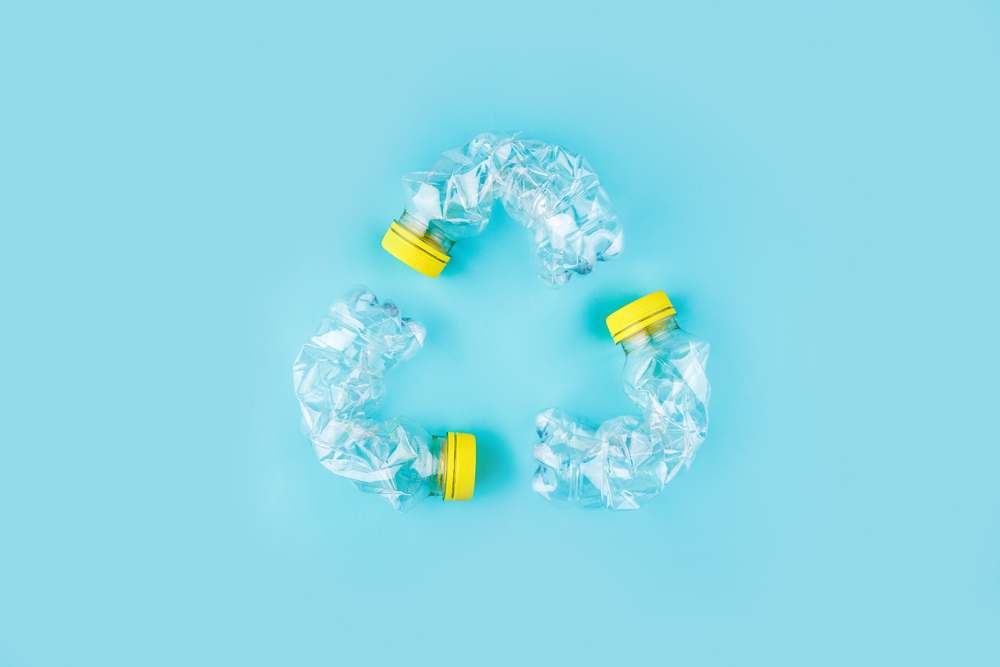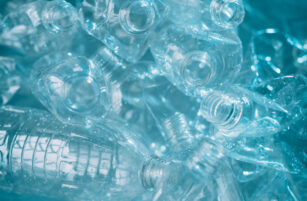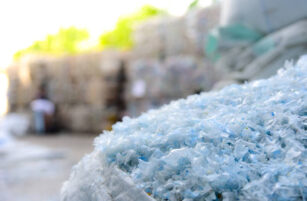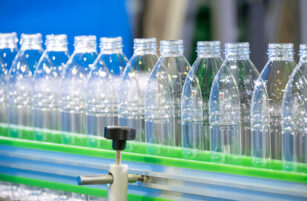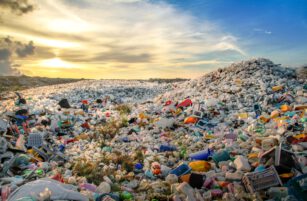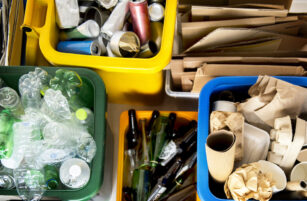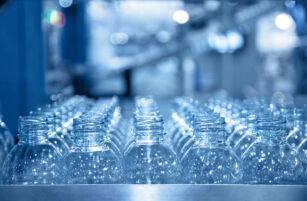Insight Focus
- 2022 could be a boom year for PET with beverage demand exceeding pre-COVID levels.
- The Global Plastic Treaty may also accelerate circularity and action.
- Downcycling plastic waste could exacerbate supply issues and threaten sustainability, though.
This Month’s Top Trends
1. Plastic Packaging Demand Eyes Post-Pandemic Breakout
Global beverage sales were dealt a heavy blow by pandemic restrictions, particularly in the early stages of the pandemic. However, the latest financial results from leading beverage and FMCG companies indicate a strong and incremental recovery through 2021 with volumes now surpassing pre-pandemic levels.
In its latest corporate results, the Coca-Cola Group reported an 8% global growth in unit case volume for 2021, driven by ongoing recovery in many key markets where pandemic-related restrictions were easing, resulting in volume ahead of 2019.
According to Coca-Cola, growth in developing and emerging markets was led by China, India, and Russia, while growth in developed markets was led by the US, Mexico, and the UK.
Within Europe, the UK has also positioned itself as a growth leader as it joins the handful of other European countries to drop restrictions, almost in entirety, and emerges post-pandemic. AG Barr and Britvic, often cited as bell weathers for the UK beverage sector, both reported strong sales growth in H2’21, whilst Coca-Cola cited 25% growth in demand for small PET bottle size units within the UK.
Other economic indicators are showing a release of pent-up consumer demand with personal savings now being unwound, and a quickening in the return to pre-pandemic working habits.
In February, London’s Evening Standard newspaper reported that young workers are now pouring back into London and other cities. Across many regions around the globe, prior claims of permanent worker loss from cities and offices are being proven wrong.

Implications
Despite the beverage industry facing many headwinds prior to the pandemic, ranging from health trends to plastic waste, global beverage demand now exceeds 2019 levels.
As other countries inevitably follow suit by easing restrictions over the coming months, to stimulate and compete for economic growth, 2022 could mark a boom year for the beverage and packaging sectors.
Inflation and a global cost of living crisis could yet derail the party.
2. Will Global Plastic Treaty Accelerate Circularity?
In Nairobi this month, the world’s governments will discuss the path towards the first global treaty to tackle plastic pollution.
The UN Environment Assembly could advocate national limits on plastic waste, and plans for reduction, targeting recycling and waste management.
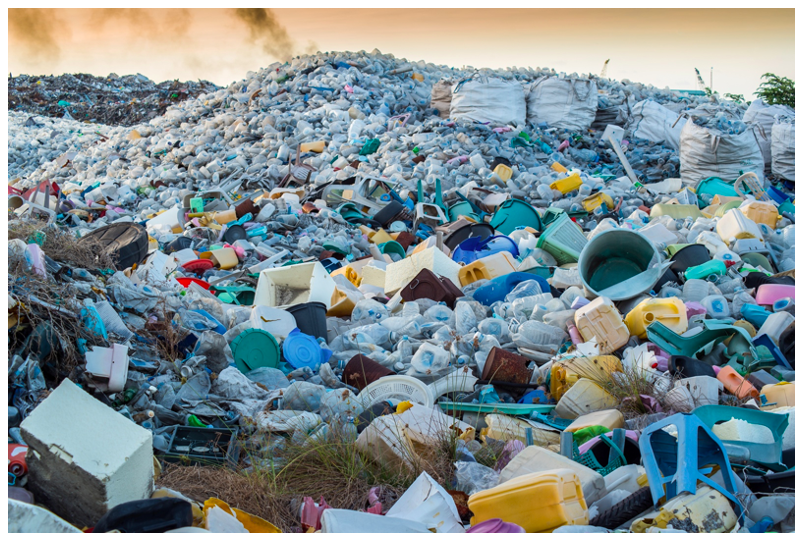
The prospect of a global plastic treaty follows on the heels of COP26, which raised the profile of the global plastic waste problem, making it part of the overall climate agenda.
In February, the Canadian government began a consultation on a proposed regulation to establish a minimum recycled content requirement for certain plastic items. This follows the launch of the Canada Plastic Pact in January 2021.
Implications
Plastic waste targets worked into a future legally binding international treaty, like the Paris Agreement on climate change, could dramatically accelerate global plastics circularity.
New national and regional Plastic Pacts around the world could share a common framework on recycling and a circular plastic economy.
Existing plastics pacts tend to target bans on certain single-use plastics items as well as minimum recycled content.
One clear challenge is the availability of recycled plastic to meet future demand. Any rush to roll out plastic pacts in every corner of the world could severely disrupt existing supply chains and jeopardise current progress.
3. Progress Towards South Asia’s Circular Aspirations
In recent months, an increasing number of FMCG companies within South Asia placed sustainability and recycling on the agenda.
Rapid growth and urbanisation are driving a sharp increase in plastic pollution within the region. A recent study by the World Bank highlighted that, over the
last 15 years, Bangladesh’s annual per capita plastic consumption in urban areas tripled. COVID-19 has worsened plastic pollution across the entire region.
In February, Dabur, a health and wellbeing brand, became India’s first ‘Plastic Waste Neutral’ FMCG Company, after it collected, processed, and recycled around 27k tonnes of post-consumer plastic waste, more plastic packaging than was sold by the company in 2021.
Other brands have implemented similar initiatives, including Unilever. Working with Indian recycler, Banyan Nation, Unilever has recently created a new bottle containing 50% PCR (post-consumer recycled) content.
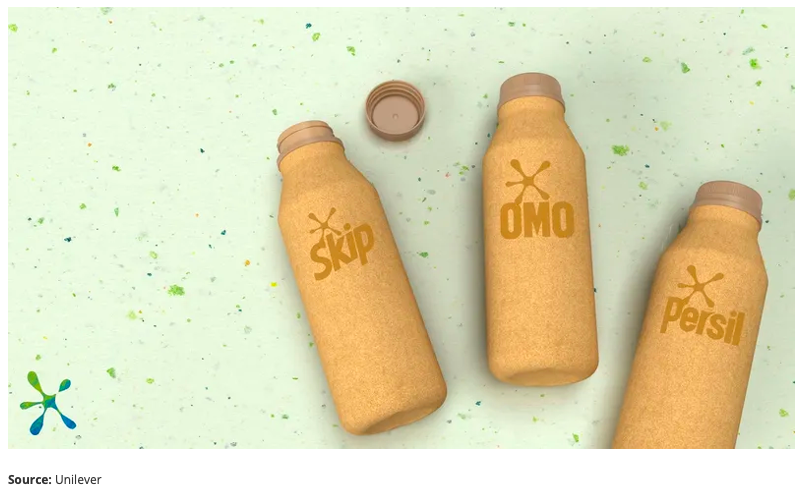
National governments across the region are also implementing action plans and targets for sustainable plastic management.
In September 2021, India became the first Asian country to also develop a national plastics pact and from July 2022, the government will begin to implement a ban on the production, sale, and use of certain single-use plastic items. Single-use plastic products including plates, cups, glasses, cutlery, and stirrers, amongst other items deemed to have a ‘low utility and high littering’ potential will be banned in India.
Sri Lanka has also put forward a ‘National Action Plan on Plastic Waste Management’ and aspires to increase its PET bottle collection and recycling rate from 27% to 100% by 2025.
Implications
According to the latest IMF projections, the population of the Indian Subcontinent will increase by over 85 million over the next five years, approaching 1.75 billion people. Population growth, coupled with the increased consumption of plastic packaged goods will result in a tsunami of plastic waste.
To tackle this, substantial investment must be made into the recycling sector, targeting not only PET bottles but hard-to-recycle films and packaging.
Changes to food safety regulations/policies in countries that don’t currently allow recycled plastic in food-grade manufacture would help stimulate investment into the sector.
4. Is Downcycling Threatening Sustainability Success?
European legislation, plastic taxes, and brand commitments are driving a demand explosion for RPET. The EU’s Single-Use Plastics (SUP) Directive requires PET beverage bottles to contain 25% recycled plastic from 2025, ramping up to 30% by 2030.
Many multi-national beverage companies have gone further still in commitments towards RPET content. Coca-Cola Europacific Partners has already exceeded the EU SUP 2030 target, reporting an average 53% RPET content across its European product portfolio in 2021.
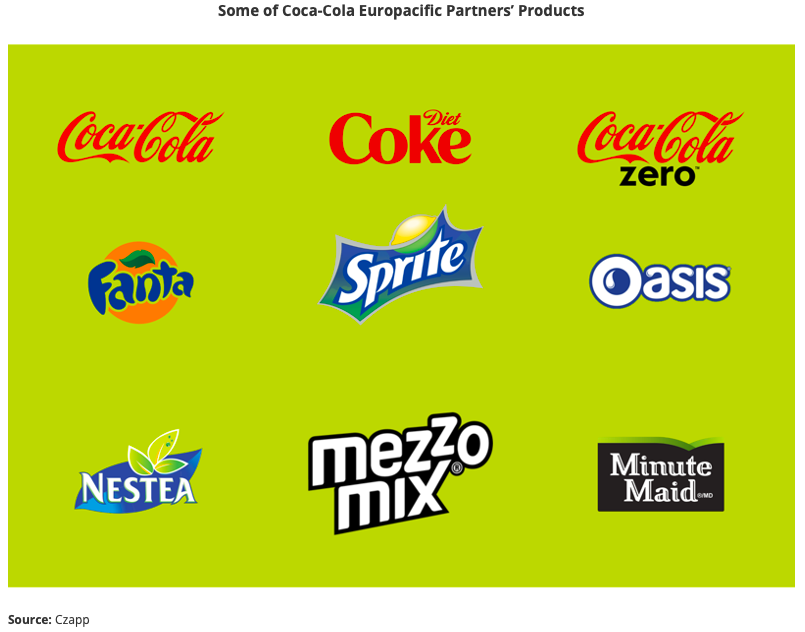
As brands compete for greater RPET content, or in the case of the UK, attempt to avoid the upcoming plastic tax, surging RPET demand is resulting in eye-wateringly high resin prices. In January 2021, the European RPET market saw record high prices, with supply failing to keep up with growing demand.
However, the global macro-tend of sustainability extends far beyond simply the food and beverage industry. As a result, instead of being used in new bottles, recycled PET is often being downcycled into lower quality products, including fibres, furniture, tires, and building materials.
Most downcycled material is destined for landfill or incineration, diverting a critical resource away from a potential ‘closed loop’ cycle within the beverage industry.
Implications
The diversion of a significant proportion of the RPET collected out of the bottle-to-bottle loop and into lower quality products, many of which will/can never be recycled themselves, is partially to blame for the constrained supply.
Within the thermoforming sector, responsible for the manufacture of food trays and deli containers, we’re already witnessing a switch to greater virgin content due to the price difference.
Downcycling of PET and other plastics also creates open ground for ‘green-washing’ accusations, harming the wider plastics industry and potentially undermining progress towards a more sustainable packaging sector.
Other Insights That May Interest You…
Plastics and Sustainability Trends in January 2022
Explainers That May Interest You…
